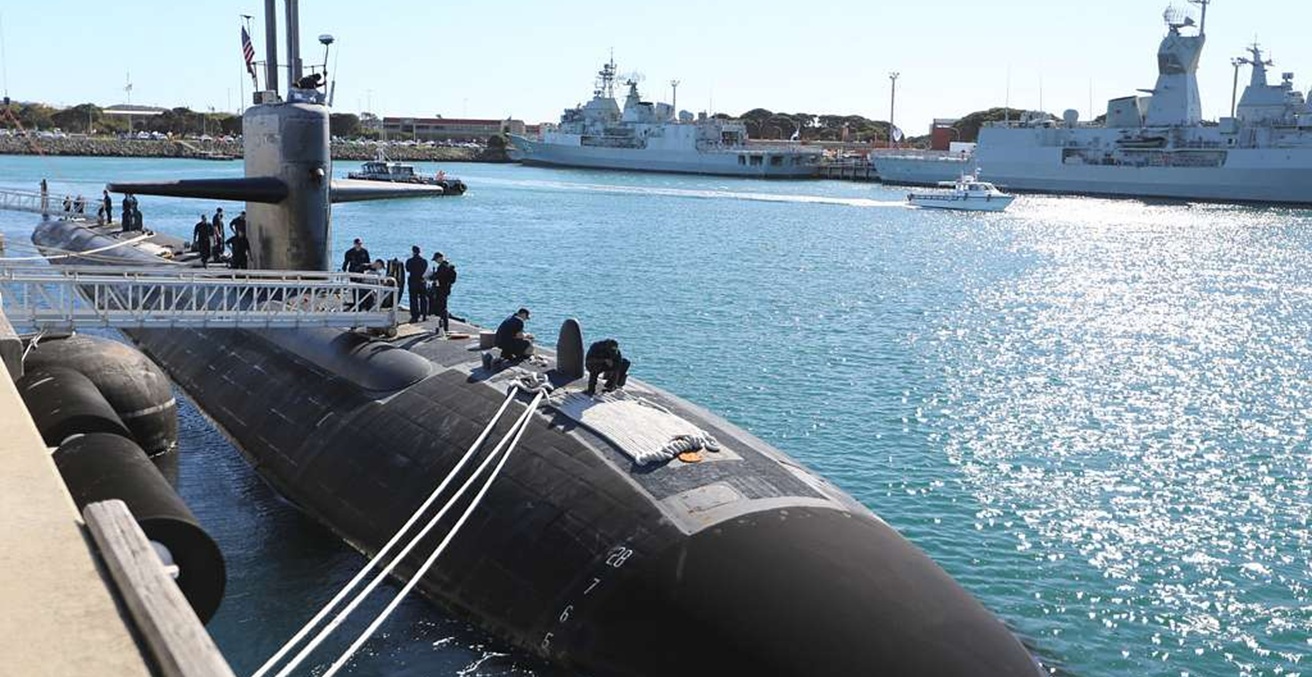The execution of Mohammad Morsi will have wide ranging domestic and international ramifications and going ahead with it could make a martyr of a man President Al-Sisi would rather forget.
The coup d’état in July 2013 in which General Abdel Fattah Al-Sisi overthrew Morsi and the Muslim Brotherhood has seen a systematic reversion to authoritarian rule. There has been a motivated and sustained crackdown on political opposition, with Muslim Brotherhood membership being re-criminalised, and many Morsi supporters arrested. Not only has the Muslim Brotherhood been suppressed once again, but there is also the possibility that the former dictator, President Hosni Mubarak, may win back his freedom. Mubarak has been sentenced to three years for killing protestors. The new regime is rewriting the narrative of the last four years and trying to reiterate that authoritarian stability is a better option than the tyranny of Islamic fundamentalism- espoused by their political enemy, the Muslim Brotherhood.
On Tuesday the 16th of June, a decision was made by a Cairo court to uphold the death penalty for the former President of Egypt Mohammad Morsi. Morsi has been accused of his role in a series of jailbreaks and police attacks following the revolution in Egypt in 2011. The decisions behind Morsi’s arrest and detention have been seen as politically motivated by the Al-Sisi regime to strengthen the military’s authoritarian rule over the country. This is, in turn, is part of a larger trial of Muslim Brotherhood members in Egypt that has seen over 3000 people arrested and hundreds sentenced to execution. Morsi’s death sentence is not certain, but there is the possibility that it will turn into a long drawn-out appeal process. If a decision was to go ahead, Morsi would be the second leader to be executed in the Middle East region after Saddam Hussein. The domestic and international ramifications are unknown, but it is possible to explore some of the consequences that may occur if the Al-Sisi government takes this drastic step.
Domestically, the ramifications of the execution could go either way. Executing Morsi would essentially send a message to the rest of the Egyptian public and the Muslim Brotherhood that the military is firmly in power. This would also rewrite the narrative of how the Arab Spring will be remembered in Egyptian history, particularly with the conspiracy theories flying around the Muslim Brotherhood’s relationship with regional actors such as Iran and Qatar, plus non-state actors like Hamas. It will also be interesting to see if there will be any push in the future to untie the military’s role in the economy (which so far has been substantial).
However, the execution has the potential of making Morsi a martyr for the Muslim Brotherhood and those who show opposition to the current regime. The Muslim Brotherhood has been very adept at moving with the political times. Throughout its history, it has both moved into the background and then back into the political realm. However, with the sustained and massive crackdown by the Al-Sisi government, it will take some time for the organisation to regain its footing in the Egyptian political scene. An execution of such a high profile individual could also potentially spark civil unrest amongst Muslim Brotherhood supporters and Egyptian citizens in general. This could be another form of social grievance because of the lack of movement in fixing the social ailments that spurred the revolution in 2013, such as job security and youth employment. Al-Sisi knows that if these economic problems aren’t fixed, the rule of the military remains tenuous at best.
There is already strong condemnation from the international community on this issue. The United States and the EU have stated quite clearly that they believe such a move by the Al-Sisi government is politically motivated and will not do much for the future of Egypt’s development. Whether there will a suspension of Egypt’s aid from the US and EU investment is yet to be seen but it seems very unlikely. The economic opportunities that the Egyptian market will have once the country has been stabilised are too good to pass up. Egypt’s stability is also a US priority for a region already rife with conflict. The concern is that, if Egypt falls, the whole region will descend into chaos.
Also, regional states in the Gulf Cooperation Council (GCC), minus Qatar, will continue to push money and investment to shore up support for the current regime. Al-Sisi’s economic project looks like it will see increased foreign investment from players like Saudi Arabia, Oman, and the UAE. With the building of ‘New Cairo’ seen as a future investment project, there are plenty of opportunities for the Egyptian economy to bounce back. If so, this will firmly instill the military’s legitimacy in running Egypt. Ties between its regional neighbour Turkey are already strained, with President Erdogan a vocal supporter of Morsi and the Muslim Brotherhood. Erdogan has stipulated that he would work with the UN Human Rights Commission to take ‘the necessary steps’ and look to push EU sanctions upon Egypt. Whether this will have any effect is yet to be seen. He has also stated that if such a move was made by the Al-Sisi regime, it would ‘push the Middle East into turmoil’.
What next?
Egyptians and international commentators alike will be waiting with baited breath to see whether this sentence will be carried out. The implications of this decision will weigh heavily on the Al-Sisi regime. In its quest to secure political power and economic legitimacy, it must tread lightly so as not to alienate the Egyptian public and international community. By carrying out the execution order, there is a distinct possibility that Morsi would become a martyr for the Arab Spring uprisings. The most likely case is that this decision will be drawn out, and Morsi given a life sentence as a means of exerting the military and Al-Sisi’s control over the Egyptian political and economical scene. It seems that the Arab Spring has indeed entered its autumn years, and is ready to enter its winter.
Iain MacGillivray is an independent political risk analyst and researcher who focuses on Middle Eastern Politics. He completed a Masters of International Relations at the University of Melbourne and is now a Masters candidate in Middle Eastern Studies at METU, Turkey. He tweets @Iain_MacG. This article can be republished with attribution under a Creative Commons Licence.




